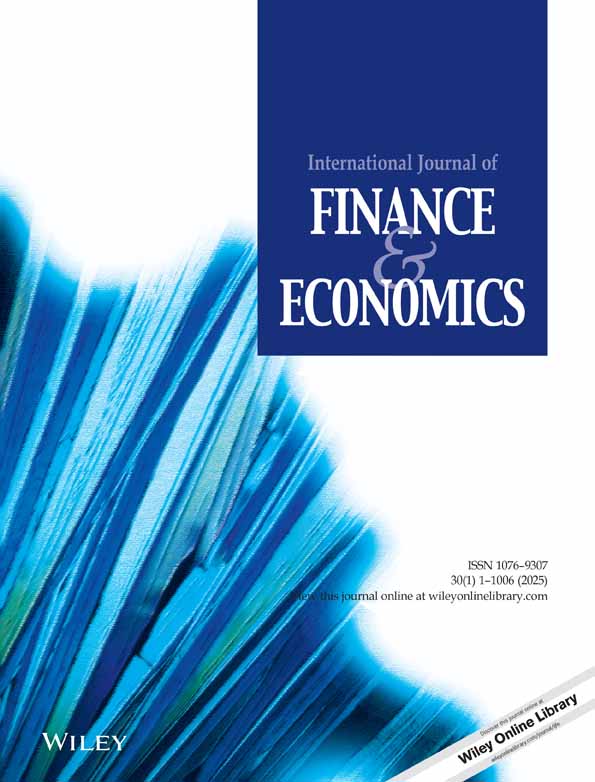First published: 19 December 2024
ABSTRACT
Learning is central to a financial agent's aspiration to gain persistent strategic advantage in asset value maximisation. The implicit mechanism that transforms this aspiration into an observed value gain is the speed of error corrections (demonstrating, an agent's speed of learning) whilst facing increased uncertainty. In such a setting, perpetual learning can lead to a type of memory that financial agents can exploit as an information set to plan for their next strategic decisions. The existing literature focuses predominantly on a learning model with a long-lag characterisation of asset values. However, recent methodological advances show that long memory can be generated from a learning model with just one lag. In this paper, we exploit this strand of literature and integrate the new construct into our proposed duration-compliant ‘social distance’ mechanic as an alternative robust model of learning in a financial market. We assess the efficacy of our approach with a numerical example and a calibration exercise.


